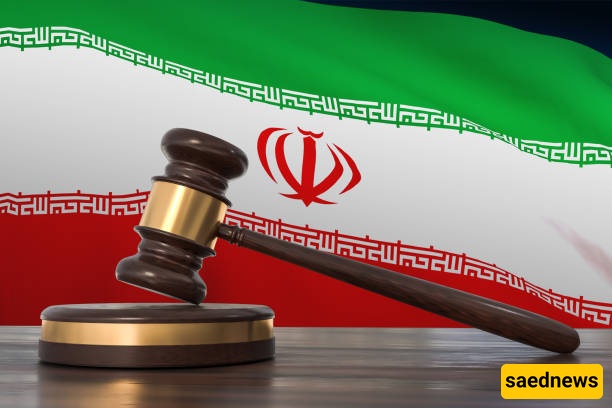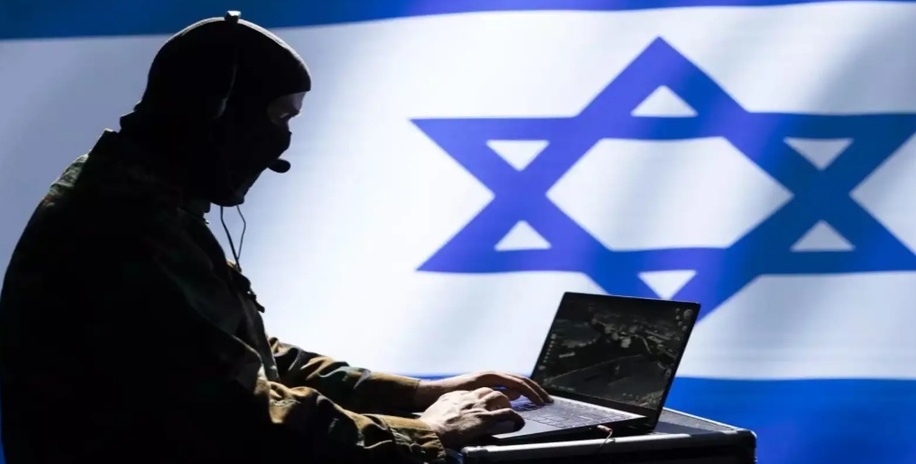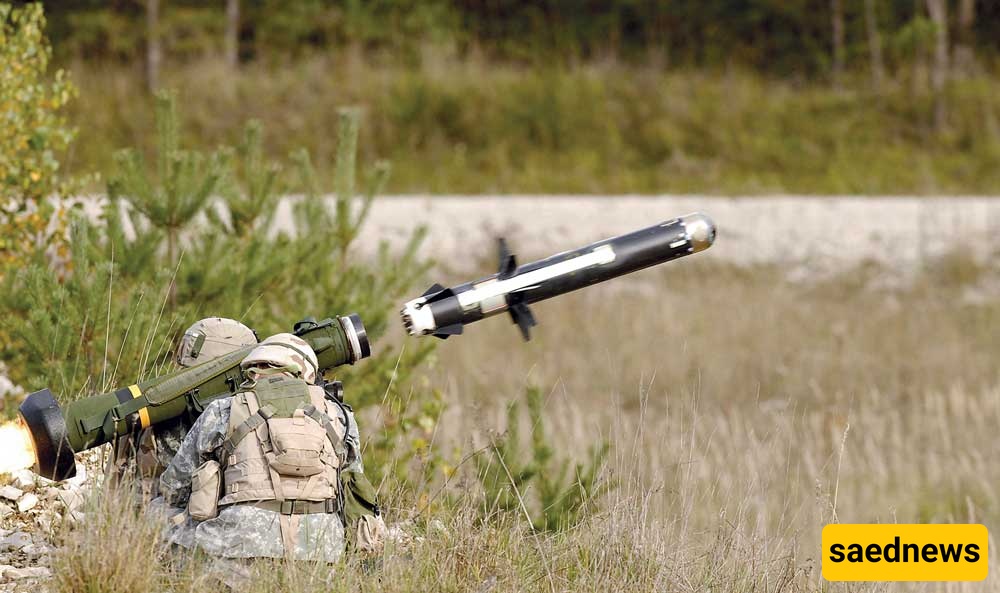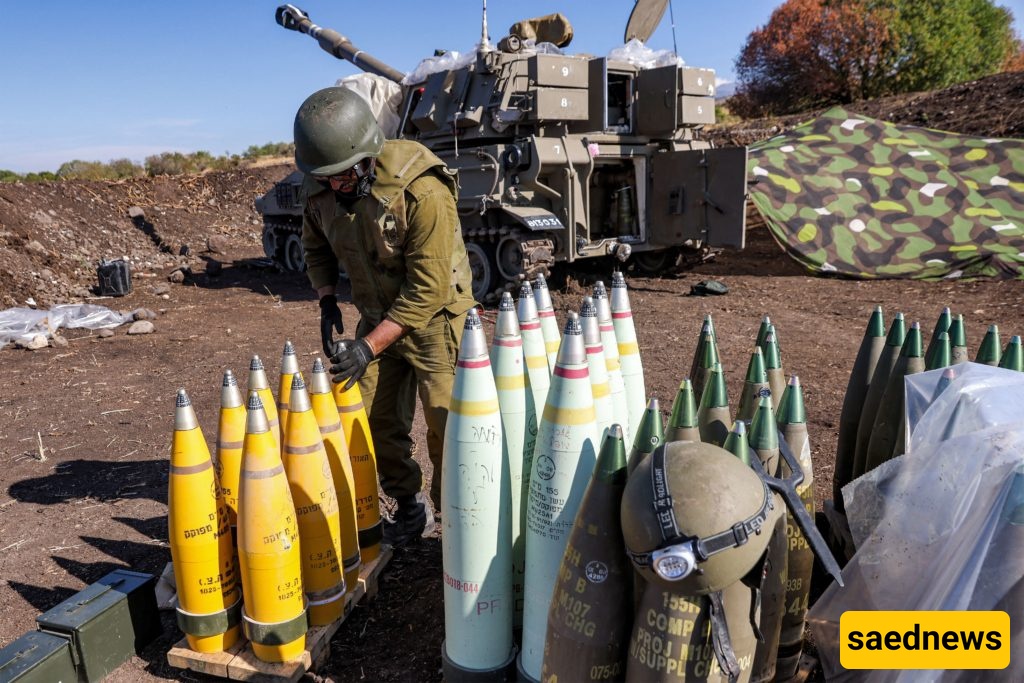SAEDNEWS: Iran’s judiciary revealed shocking details about a spy network linked to Mossad and the MEK, whose members allegedly planned explosive attacks on sensitive military sites before being arrested in a dramatic intelligence operation.

According to Saed News; Iran has put four alleged Mossad-linked spies on trial, accused of planning attacks on sensitive military sites with explosives. Authorities say the network was dismantled just before carrying out a major operation.
In a highly charged atmosphere on September 2, 2025, the Revolutionary Court of Alborz Province convened to hear the case of four individuals accused of spying for the Israeli intelligence agency, Mossad, in cooperation with the exiled opposition group known as the MEK. The trial, held in two sessions during the morning and afternoon, attracted significant attention due to the gravity of the charges and the international implications of the case.
The accused consist of three men and one woman, residents of Karaj and Isfahan. According to court officials, they were recruited through online channels and contacts with opposition operatives in a neighboring country. Their alleged mission: to destabilize Iran by targeting sensitive military facilities with explosive projectiles.

Authorities allege that the group was initially tasked with relatively low-level operations, such as sending coordinates of sensitive sites and setting fire to various locations across Iranian cities. Over time, however, they were given training in manufacturing explosive projectiles, using launchers, and recording videos of their sabotage activities. By May 2025, the cell reportedly received its primary mission — an assault on a major military installation inside Iran.


Prosecutors revealed that the operatives were paid through cryptocurrency transfers from handlers abroad, a tactic intended to avoid detection. The funds supported the acquisition of raw materials, the assembly of projectile devices, and transportation to designated launch sites. According to intelligence officials, the group was only weeks away from executing their plan when security forces intervened.

In a dramatic turn, two members of the cell were arrested at the launch site just before firing their explosive projectiles. Security agents seized ready-to-use launchers and explosive devices. The remaining two operatives were subsequently tracked down and detained. Officials described the arrests as a significant intelligence victory that thwarted an imminent act of sabotage.
The indictment outlined several heavy charges:
“Waging war against God” (moharebeh) through deliberate arson and collaboration with a hostile state.
Cooperation with hostile groups, including the MEK and Mossad.
Conspiracy against national security.
Membership in anti-state organizations.
If convicted, the defendants face severe penalties under Iranian law.

The trial comes at a time of heightened tension between Iran and Israel, following multiple rounds of covert operations, cyberattacks, and open military confrontations in recent years. Iranian officials argue that the exposure of this spy network underscores the country’s vigilance against foreign interference.
Reports of the case have already made headlines in Iranian media, with speculation about possible reactions from Tel Aviv. Some analysts suggest the arrests are meant to send a warning signal to Israel and its allies that Iran’s intelligence apparatus remains firmly in control. Others see the trial as part of a broader effort to highlight the threat of espionage to Iran’s national security.
The trial is expected to continue over the coming weeks, with further testimony from prosecutors, defense lawyers, and possibly intelligence officials. The outcome could set a precedent for how Iran deals with similar espionage cases in the future, especially those involving foreign states.

